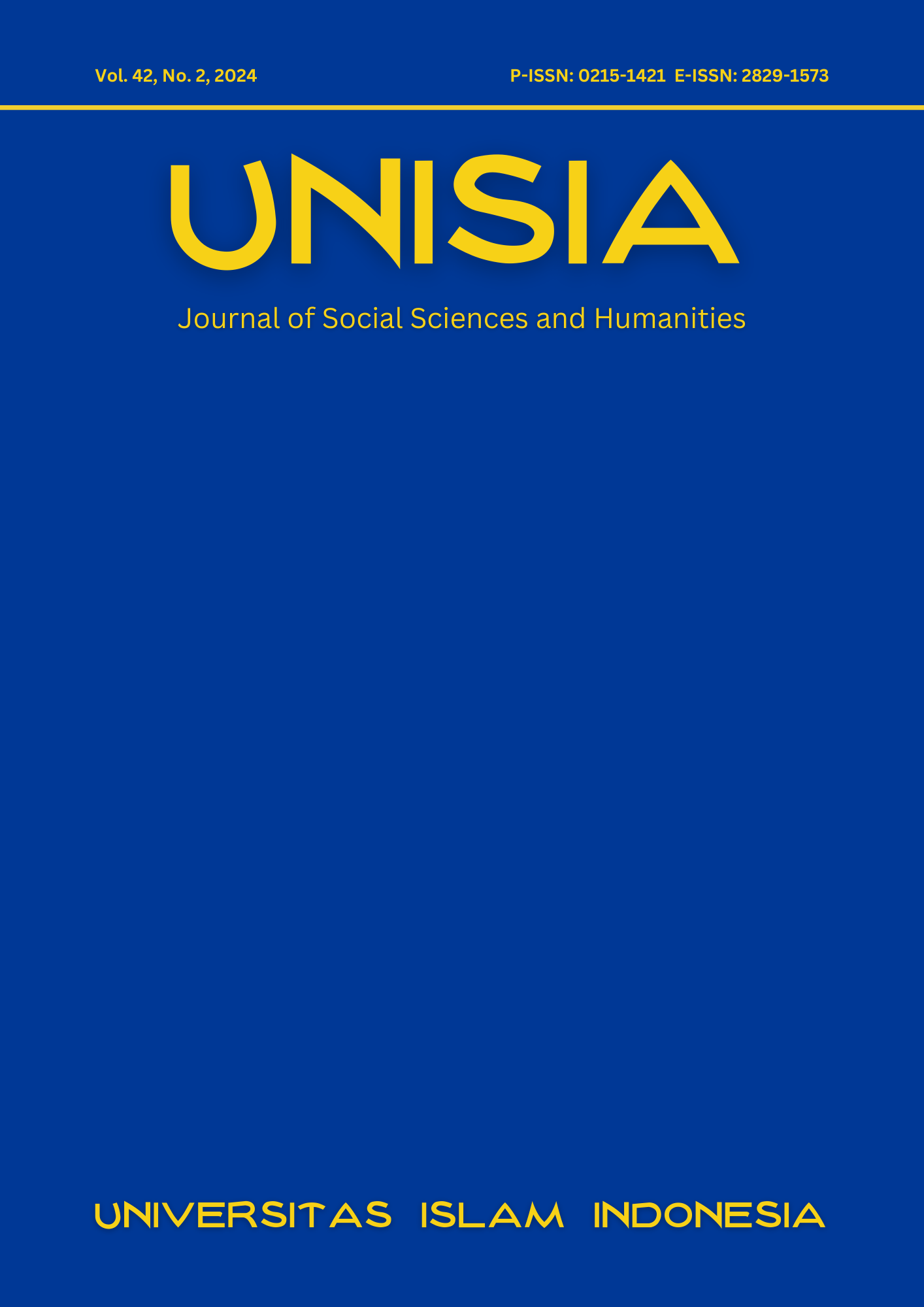Main Article Content
Abstract
Adolescence is a critical developmental phase characterized by increased vulnerability to emotional and psychological challenges, often leading to decreased subjective well-being. Parenting approaches play a pivotal role in influencing adolescents’ well-being. Strength-based parenting, which focuses on identifying and nurturing children’s strengths, has been identified as a potential driver for enhancing subjective well-being. This study aims to investigate the relationship between strength-based parenting and subjective well-being among high school students in Yogyakarta, Indonesia. Using a quantitative approach, the research involved 181 students aged 15-18 years. Data were collected through validated scales measuring strength-based parenting and subjective well-being, including the Strength Use Scale and the Positive Affect Negative Affect Scale (PANAS). Statistical analysis employed Spearman’s Rho correlation to explore the relationship between the variables. The results revealed a significant positive correlation between strength-based parenting and subjective well-being, with a correlation coefficient of r = 0.544 and p = 0.000. Approximately 29.59% of the variance in subjective well-being was attributed to strength-based parenting. Key aspects such as strength knowledge and strength use were identified as significant contributors. Students experiencing higher levels of strength-based parenting reported increased life satisfaction, positive affect, and reduced negative emotions. These findings highlight the critical role of parenting practices in shaping adolescents’ emotional and cognitive evaluations of life. Strength-based parenting not only enhances adolescents’ resilience and coping mechanisms but also contributes to overall life satisfaction. The study underscores the importance of implementing parenting strategies that emphasize the development of children’s strengths to foster holistic well-being. Future research is recommended to explore the longitudinal impacts of strength-based parenting and its interaction with other influencing factors in diverse cultural contexts.
Keywords
Article Details
Copyright (c) 2024 Nida Khairunnisaa, Fitri Ayu Kusumaningrum

This work is licensed under a Creative Commons Attribution-ShareAlike 4.0 International License.
- Authors retain copyright and grant the journal right of first publication with the work simultaneously licensed under a Creative Commons Attribution License that allows others to share the work with an acknowledgement of the work's authorship and initial publication in this journal.
- Authors are able to enter into separate, additional contractual arrangements for the non-exclusive distribution of the journal's published version of the work (e.g., post it to an institutional repository or publish it in a book), with an acknowledgement of its initial publication in this journal.
- Authors are permitted and encouraged to post their work online (e.g., in institutional repositories or on their website) prior to and during the submission process, as it can lead to productive exchanges, as well as earlier and greater citation of published work.




